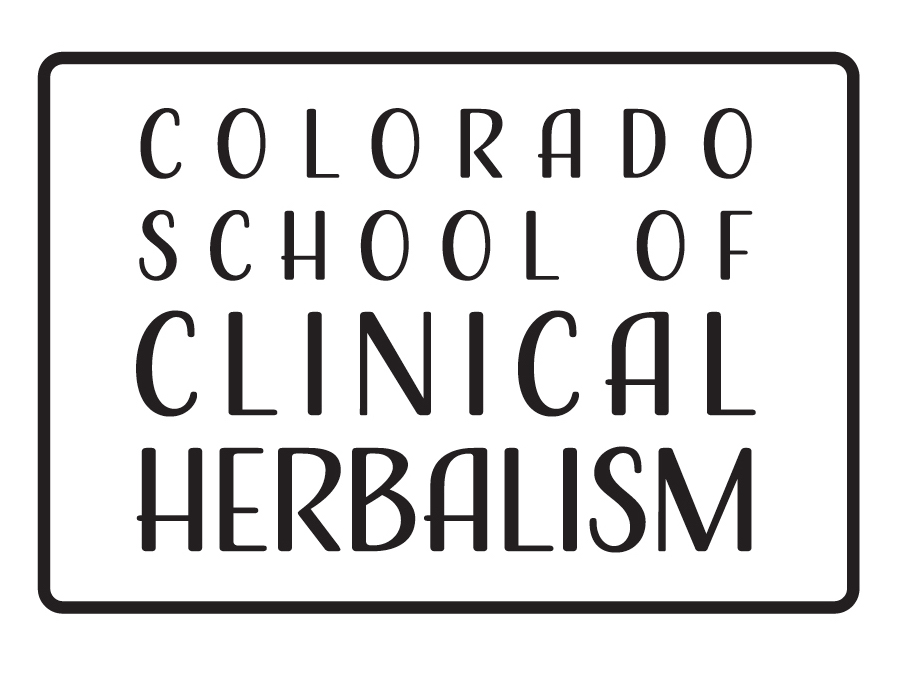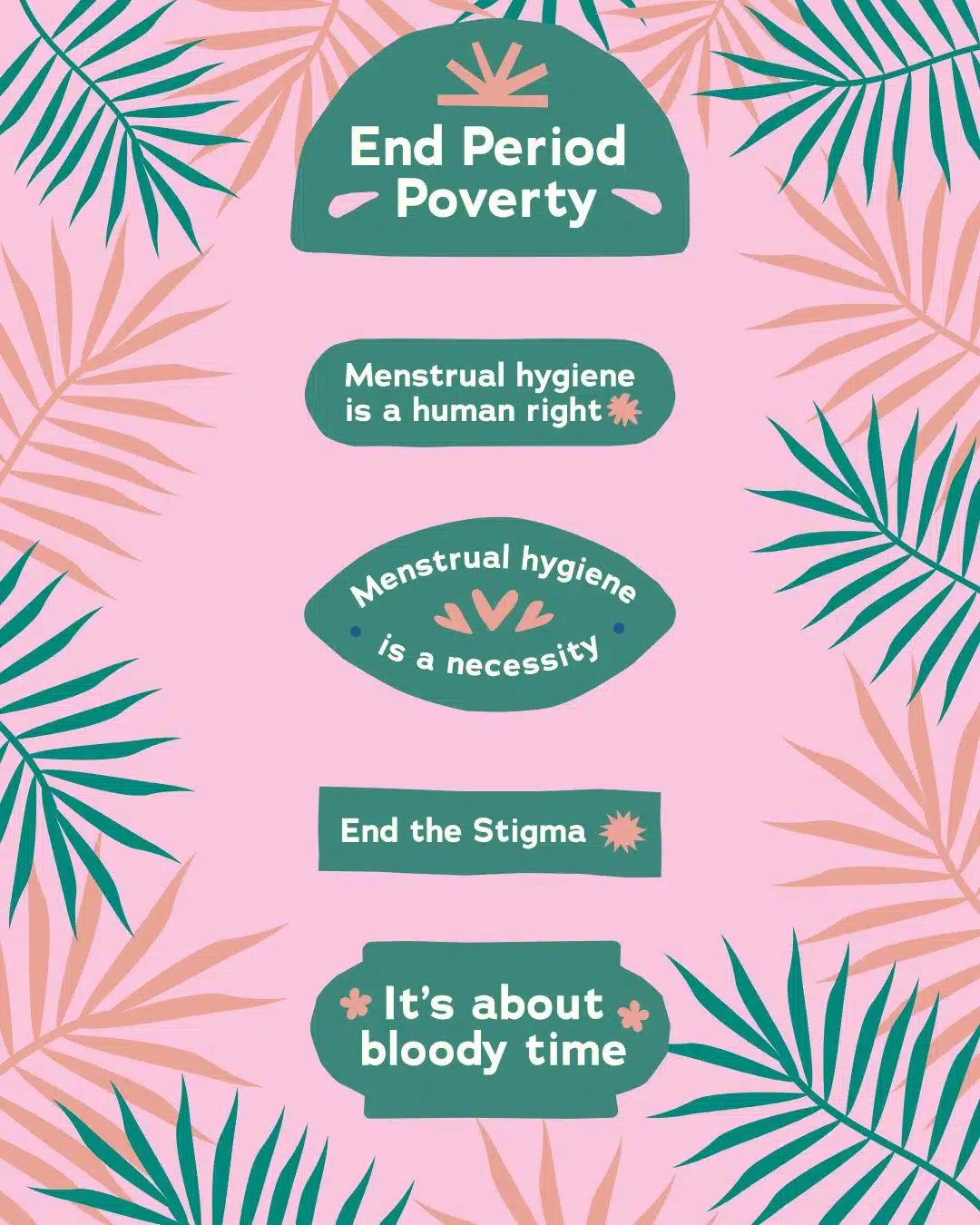By Taniyah Cooper, CCH
For far too long, society has taught us to view menstruation as a burden, a monthly inconvenience we are to endure in silence. I’m sure we all have an embarrassing period story or have felt some shame at some point around our period. But what if I told you that your cycle is a source of wisdom, power, and creativity? What if instead of dreading it, you could fall in love with your period? This starts with ending the stigmas surrounding menstruation, providing proper education, and learning how period poverty affects your community. Continue reading to learn how the stigmas of menstruating bodies have led to global period poverty and impacted the way we feel about periods today.
You might be asking, what is period poverty? “Period poverty is the lack of access to menstrual hygiene products, education, and facilities.” Period poverty does not only affect women and girls in developing countries; it also affects women in wealthy, industrialized nations. Who primarily is affected by period poverty in the United States? In 2021, 23% of U.S. teens reported struggling to afford period products, and 38% of adults reported struggling to afford period products. Another study from 2021 found that Black and Latina people were disproportionately impacted by period poverty. Lastly, period poverty is especially prevalent in lower-income households. This poses the question; why is having access to proper menstrual products and education seen as a privilege?
Period poverty is not only an economic issue; it is also a social and political issue that many people are becoming quite vocal about. They discuss things such as tax-free menstruation products or free menstruation products, which seems reasonable, as periods arent something we can avoid. Education about safely managing menstruation, access to sanitary period products, and clean facilities are a must, and every menstruating person should have access to them.
So many menstruating folks worldwide have no access to proper education, proper sanitary products, clean safe restrooms, or a trusted adult to confide in. Not understanding healthy bodily functions or not having access to proper medical care leads to a lack of knowledge about periods, what constitutes a normal cycle, and how to manage a menstrual cycle safely. Lack of period literacy can lead to unsafe practices such as leaving pads and tampons for too long or not having proper hygiene habits on and off of menstruation. This lack of knowledge puts menstruating folks at higher risk for reproductive infections which if not treated properly or promptly can result in long-term reproductive health problems.
Many of us most likely grew up absorbing cultural narratives that paint periods as something to hide or be ashamed of. These stigmas have made periods seem dirty, shameful, or an inconvenience. There are many myths around the world surrounding menstruation some of these include, not being able to enter the kitchen or cook for other people, not being able to wash your hair, not being able to enter a place of worship, not touching plants or flowers or else they will die. Even lies such as using a tampon will make you “impure” circulate the grapevine around the education of menstruation and the list doesn’t end there. These harmful ideas have made periods something scary and something to fear—turning the true magic and beauty of the menstruating body into something evil and almost sinister.
Ads have promised “discreet” and “odor-free” products with a lack of representation of what menstruation actually looks like. At the same time, conversations about periods fall into hushed tones or no discussion at all. This has normalized periods as a “taboo topic” when it is a universal experience for menstruating people. We’re expected to power through this entire 21-35 day cycle as if nothing’s happening, all while avoiding any discussion about it because it might make people uncomfortable. These messages have disconnected us from the truth of our bodies, and the power that is menstruation. Our cycles are natural, cyclical rhythms of renewal, and most importantly a key indicator of our vitality.
By removing the stigma, providing proper education, and embracing the magic, you create space to help yourself and others fall in love with our periods. A great way to start is just talking about your period! Talk about it with the menstrating folks around you, see what the similarities are, what are the differences? Talk about how you were taught to care for yourself during this time. Normalize speaking about Mestration!
Sources
https://www.menstrual-matters.com/period-poverty-austerity/
https://www.unwomen.org/en/digital-library/multimedia/2019/10/infographic-periods

